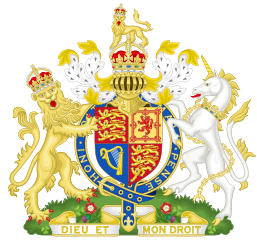- Joined
- Aug 13, 2004
- Messages
- 27,119
- City
- São Paulo
- Country
- Brazil

Arms of The United Kingdom
Welcome to the thread Succession to the Crown Act 2013, Part 2
Commencing September 1st, 2022
Commencing September 1st, 2022
The previous thread can be found here
· Only pictures that you have written permission to share can be posted here. You can post links to any pictures.
· It's a copyright violation to post translations of entire articles, so no more than 20% of an article
text should be posted, along with the link to the original article.
· We expect our members to treat each other, and the royals and persons in these threads, with respect.
· The Report Post button is for reporting inappropriate content in a post if no moderators or administrators are online.
· Threads should remain on topic. Posts which are irrelevant or disruptive
will be deleted or moved by one of the moderators.
***
· It's a copyright violation to post translations of entire articles, so no more than 20% of an article
text should be posted, along with the link to the original article.
· We expect our members to treat each other, and the royals and persons in these threads, with respect.
· The Report Post button is for reporting inappropriate content in a post if no moderators or administrators are online.
· Threads should remain on topic. Posts which are irrelevant or disruptive
will be deleted or moved by one of the moderators.
***
Last edited:


